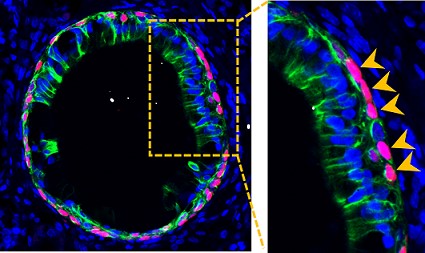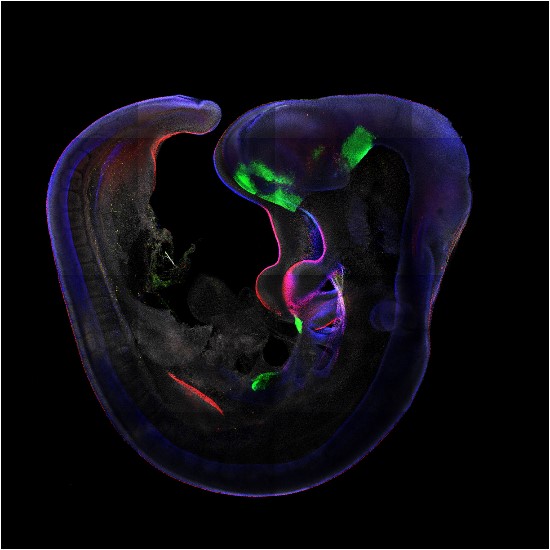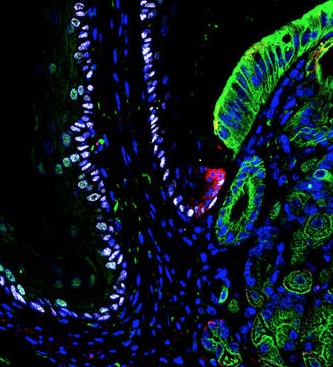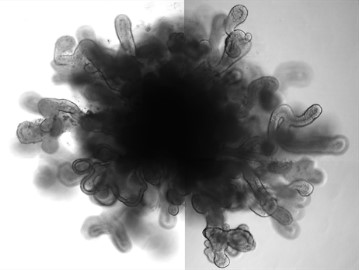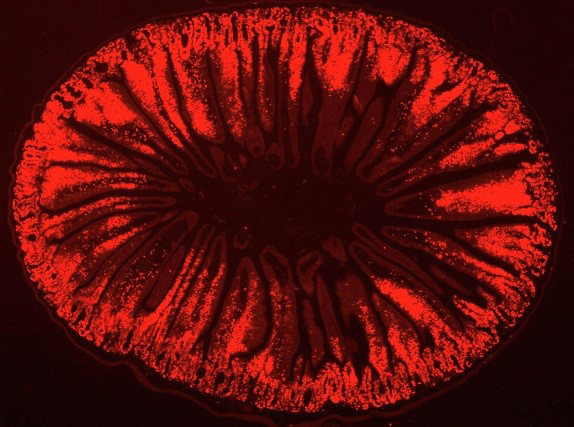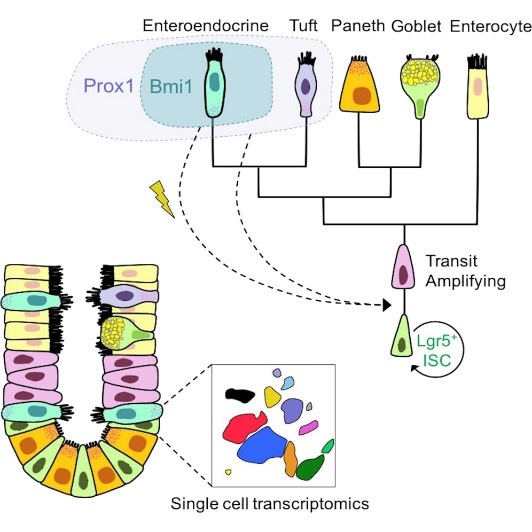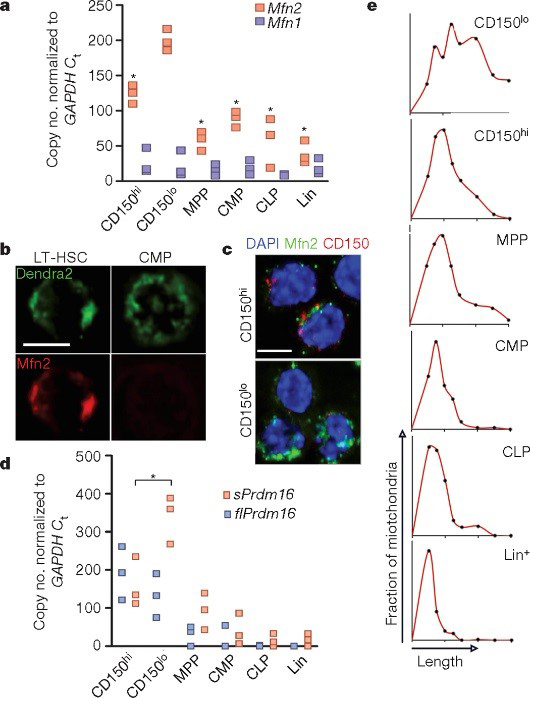The presence of stem cells in the intestinal upper crypt zone as an origin of Lgr5+ crypt base columnar cells (Yan Lab) Cell 2024
https://pubmed.ncbi.nlm.nih.gov/38848677
Single cell analysis and immunostaining demonstrate the presence of stem/progenitor cells stuck in the middle of differentiation in human COVID-19 lungs (Que Lab) Nature 2021
https://pubmed.ncbi.nlm.nih.gov/33915568/
First report showing efficient generation of esophageal progenitor cells (EPCs) from human PSCs, offering a model system to study development and diseases of the human esophagus. (Que lab) Cell Stem Cell 2018
https://www.ncbi.nlm.nih.gov/pubmed/30244870
Discovery that early precursors of airway basal cells can form nearly all the lung epithelial cell types and generate a rare progenitor population that is maintained immature to adulthood and participates in injury-repair responses (Cardoso lab) Dev Cell 2018
https://www.ncbi.nlm.nih.gov/pubmed/30244870
Identification of transitional basal cells at the squamous–columnar gastroesophageal junction as the long-sought cell of origin of the Barrett’s esophagus (Que Lab) Nature 2018
https://www.ncbi.nlm.nih.gov/pubmed/29019984
Development of lung organoids derived from human pluripotent stem cells that recapitulate lung development and model human diseases for drug testing and in tissue regeneration (Snoeck lab) Nature Cell Biology 2017
https://www.ncbi.nlm.nih.gov/pubmed/28436965
https://www.cuimc.columbia.edu/news/new-lung-organoids-dish-mimic-features-full-size-lung
Demonstration that Wnt and R-spondin ligands in the intestinal stem cell niche ultimately control stem cell number and behavior in the adult intestinal epithelium in vivo. (Yan Lab) Nature 2017
https://www.ncbi.nlm.nih.gov/pubmed/28467820
Identification of E2F4 as the master regulator of a transcriptional program of centriole biogenesis and organizer of cytoplasmic centers for centriole amplification crucial for multiciliogenesis in airways (Cardoso Lab) Nature Comm. 2017
https://www.ncbi.nlm.nih.gov/pubmed/28675157
Discovery that post-mitotic enteroendocrine cells act as reservoirs that can replenish the stem cell pool, especially following tissue injury (Yan Lab) Cell Stem Cell 2017
https://www.ncbi.nlm.nih.gov/pubmed/28686870
Demonstration that Mitofusin 2 maintains hematopoietic stem cells with extensive lymphoid potential (Snoeck Lab) Nature 2016
https://www.ncbi.nlm.nih.gov/pubmed/26789249





